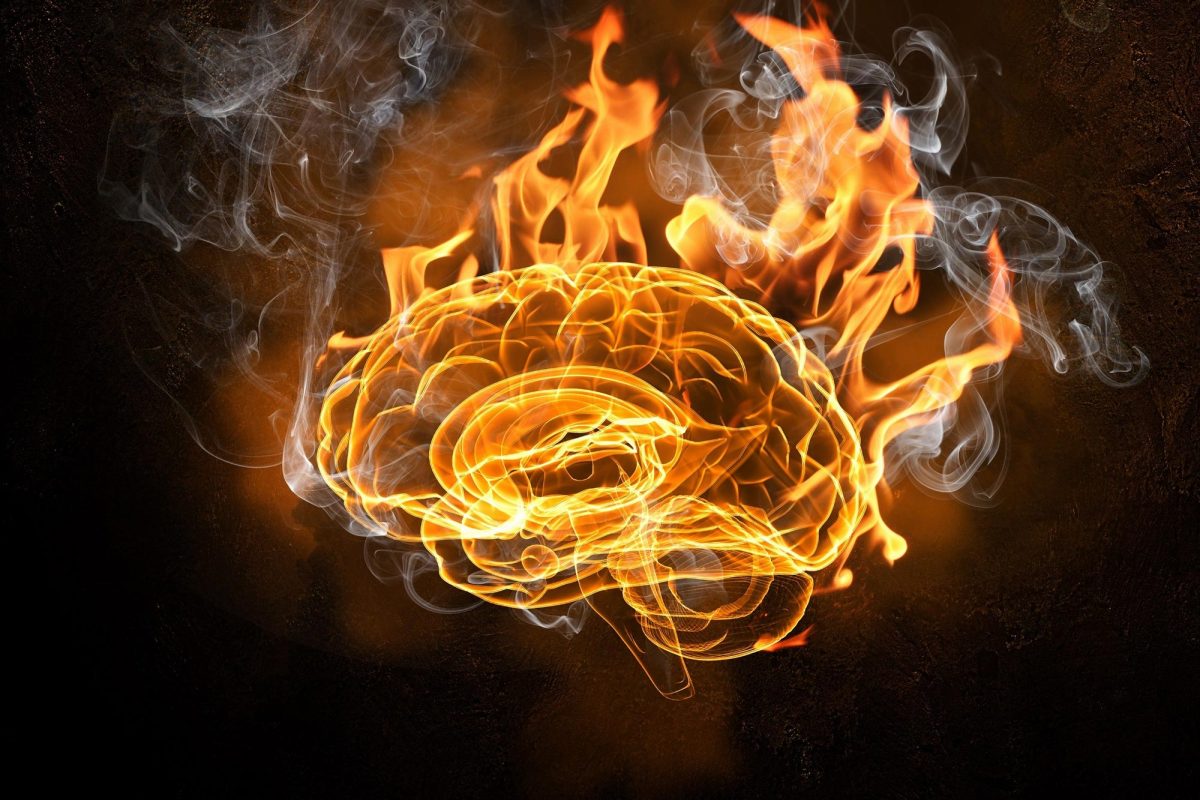The child was suffering from anti-NMDAR (N-methyl-D-aspartate receptor) encephalitis, a rare and difficult-to-diagnose malfunction of the brain.
Blood plasma exchanges helped a 5-year-old with a rare autoimmune disorder get better.
The sick child’s prognosis, who had not responded to conventional treatment, was bleak. Nevertheless, a group of doctors from Rutgers University thought there could be hope despite the conventional wisdom against pursuing any further treatment.
What transpired over the following several weeks in the fall of 2020, described in a case study recently published in the European Medical Journal, was notable and representative of a newer approach to effectively treating a strange disease, the doctors stated.
The study focuses on the medical case of a 5-year-old girl who suffered from anti-NMDAR (N-methyl-D-aspartate receptor) encephalopathy, a rare and difficult-to-diagnose malfunction of the brain. Unresponsive to treatments, the child had been transferred to a rehabilitation center and been in a catatonic state for three months when a team of Rutgers physicians were called in to help.
Susannah Cahalan, a New York Post writer, wrote a best-selling book on the autoimmune disease, which is thought to be triggered by both environmental and genetic factors. In her 2012 memoir, “Brain on Fire,” she recounted her medical ordeal suffering from anti-NMDAR encephalitis and eventual recovery. The title of the book, as well as the subsequent Netflix film, is derived from a term used by Cahalan’s treating physician to describe the catastrophic brain inflammation that ultimately left the reporter trance-like until she was cured.
“With autoimmune diseases, the body attacks a specific system it mistakenly identifies as foreign,” said Vikram Bhise, an author of the case study and an associate professor of pediatrics and neurology and director of the Division of Child Neurology and Neurodevelopmental Disabilities at Rutgers Robert Wood Johnson Medical School and The Bristol-Myers Squibb Children’s Hospital at Robert Wood Johnson University Hospital. “In the case of anti-NMDAR encephalitis, the body attacks the NMDA receptors in the brain. This causes a massive malfunction exhibited by a combination of psychiatric, cognitive and motor problems.” (NMDA receptors are brain structures that play an important role in learning and memory.)
Bhise and two other Rutgers doctors were called into the case when the child’s mother wanted a second opinion and the family’s attending physician contacted Bhise. The mother informed the Rutgers team that the child had remained immobile and unresponsive following a rapid phase of mental and physical degeneration.
Generally, time is of the essence in treating autoimmune diseases and the standard of care dictates that no treatment is useful if too much time has passed, Bhise said. Most of the time, any damage caused by the disease can’t be undone.
Bhise instructed for the child to be admitted to the pediatric intensive care unit at The Bristol-Myers Squibb Children’s Hospital at Robert Wood Johnson University Hospital, and decided to try one more treatment.
“I said, ‘You know, a lot of time has gone by. But I think you still have to try these things,’” Bhise recalled.
The child had been given a course of steroids, pooled antibodies and a long-term immunosuppressant. Bhise and his team decided to administer a series of blood plasma exchanges designed to reset the immune system by cleaning out all the inflammation in the bloodstream.
They saw progress almost instantly.
“Within one or two exchanges, the mom said, ‘Hey, I think something’s a little different,’” Bhise said. “I mean, no one knew this child better than her mom.”
As they continued with the treatment, ultimately with nearly a dozen more plasma exchanges, the child improved steadily until she had made a full recovery.
“I think the lesson that we’ve learned here is that you can still treat this disease after time has passed,” Bhise said. “You shouldn’t stop trying. This is important to know so that other folks in the field do not prematurely give up when they see children – and probably adults as well – with difficult-to-treat anti-NMDAR encephalitis.”
Reference: “Never Too Late to Treat NMDAR Encephalitis: A Paediatric Case Report and Review of Literature” by Yisha Cheng, Dalya Chefitz and Vikram Bhise, 9 August 2022, EMJ Neurology.
DOI: 10.33590/emjneurol/22-00096
Other Rutgers physicians who were members of the medical team and authors of the case study included Yisha Cheng, a resident physician in pediatric medicine and a 2020 graduate of Rutgers Robert Wood Johnson Medical School; and Dalya Chefitz, a physician in the department of pediatrics and director of the division of pediatric hospital medicine at The Bristol-Myers Squibb Children’s Hospital at Robert Wood Johnson University Hospital.
Share your story or advertise with us: Whatsapp: +2347068606071 Email: info@newspotng.com















